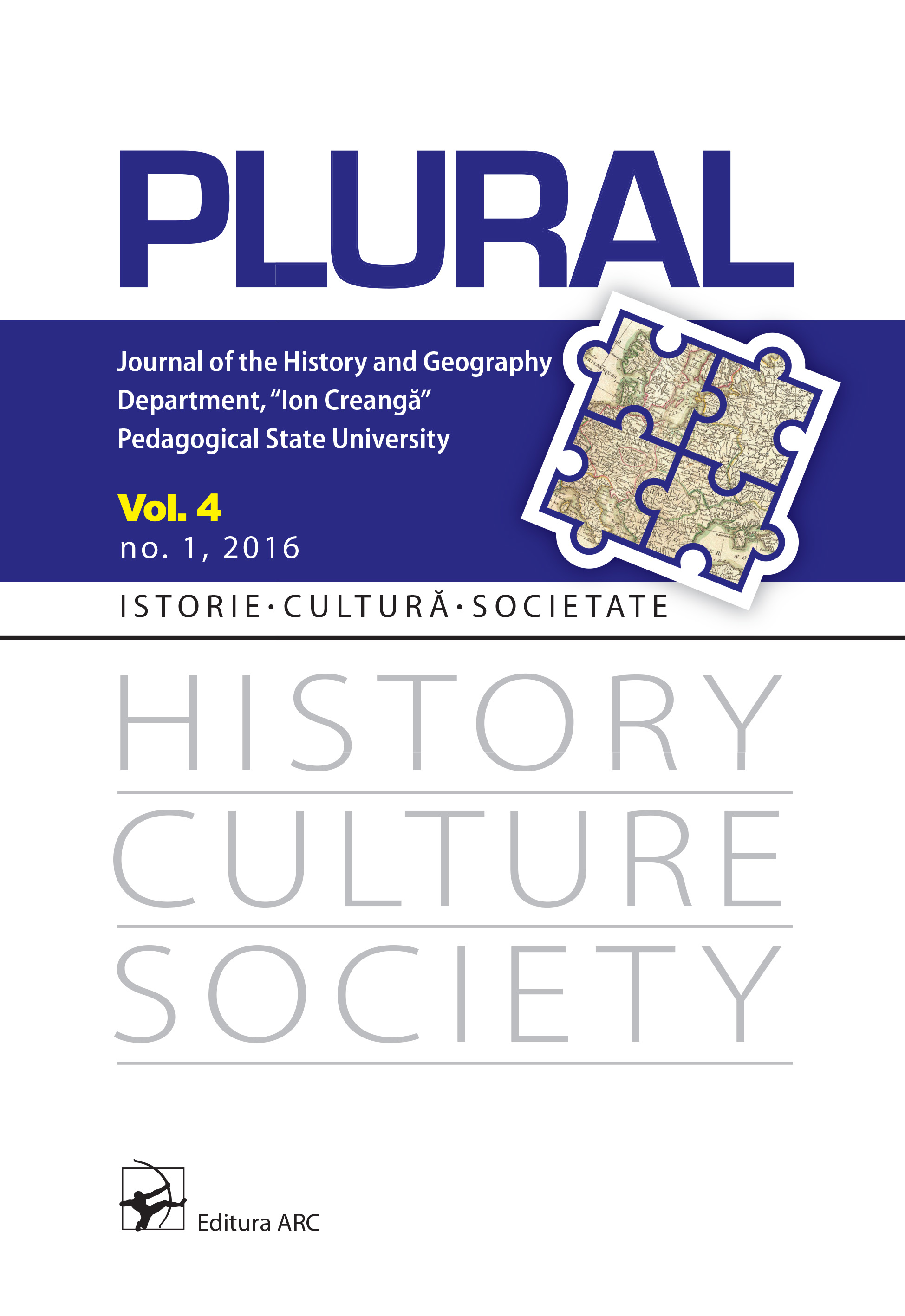Как рассказывают национальную историю детям в
Азербайджане
How is taught the nationals history to kids in Azerbaijan
Author(s): Sergey RumyantsevSubject(s): History, Recent History (1900 till today), Post-Communist Transformation
Published by: Facultatea de Istorie și Geografie, Universitatea Pedagogică de Stat „Ion Creangă”
Keywords: Azerbaijan;textbook analysis;national history;Turkey;
Summary/Abstract: In post-Soviet Azerbaijan, national history underwent a certain revisionin which “friendship of peoples” ceased to be its central theme and wasreplaced by the images of Soviet-inspired national heroes, and fighters forindependence. At the same time, given the fact that building an independentAzerbaijan coincided with the Karabakh conflict, it is quite natural to expectthat these events would have had an impact on the texts included in the historytextbooks which, in their turn, are intended to rear patriots of their countrycapable of discerning “one’s own” from “others” and ready to take part in yetanother conflict when and if the need arises. A number of ethnic myths havesneaked in to the textbooks during the process of reviewing school programsand getting rid of the “dark stains” in Azerbaijani history. These myths aremade up to serve the official ideology of the already independent state. Themain creative group comprises professional historians, very often they are thespecialists of the History Institute of the National Academy of Sciences ofAzerbaijan, implementing the state order on developing history textbooks forsecondary schools. Schools are using only one version of narratives approvedby the Ministry of Education. New textbooks on national history in the post-Soviet period were first developed in the mid 90’s. These textbooks underwentupgrading only once, in early 2000, and these versions were published for eachgrade (from grade 5 to 11, i.e. for seven grades), and which schools are usingto this day. The role and place of independent Azerbaijan in the modern worldis determined, above all, within the Turkish world (certain resounds of panTurkism), while the central place among the states conventionally described asTurkish is assigned to Turkey – the major regional ally.
- Issue Year: IV/2016
- Issue No: 1
- Page Range: 53-75
- Page Count: 23
- Language: Russian

